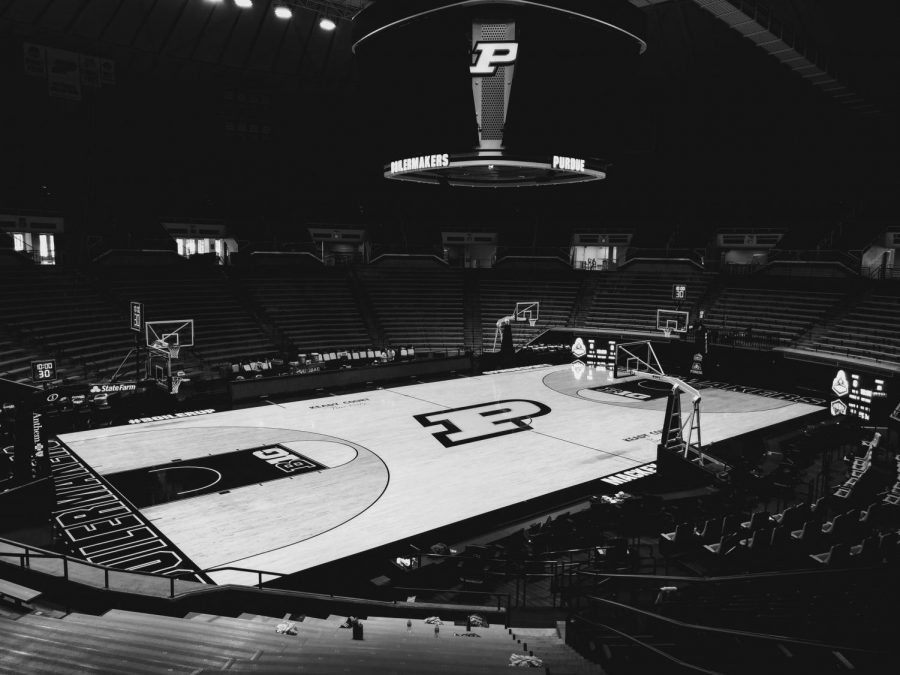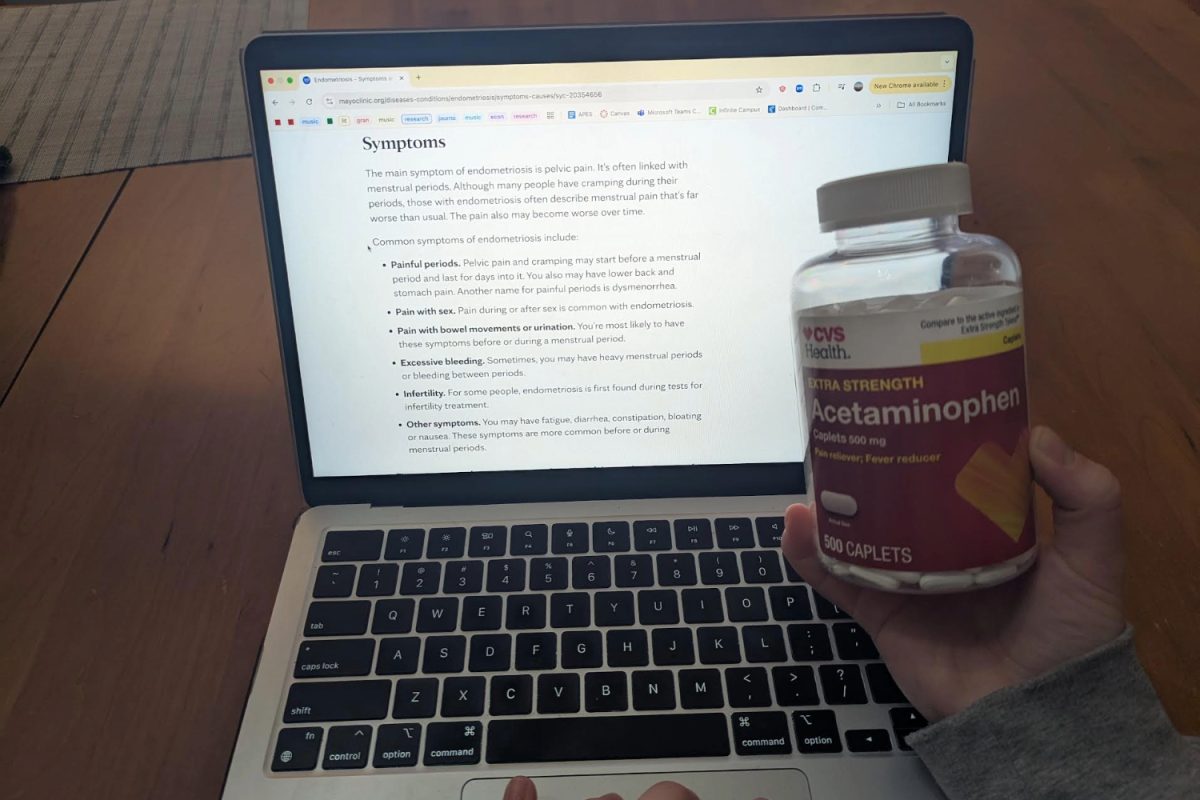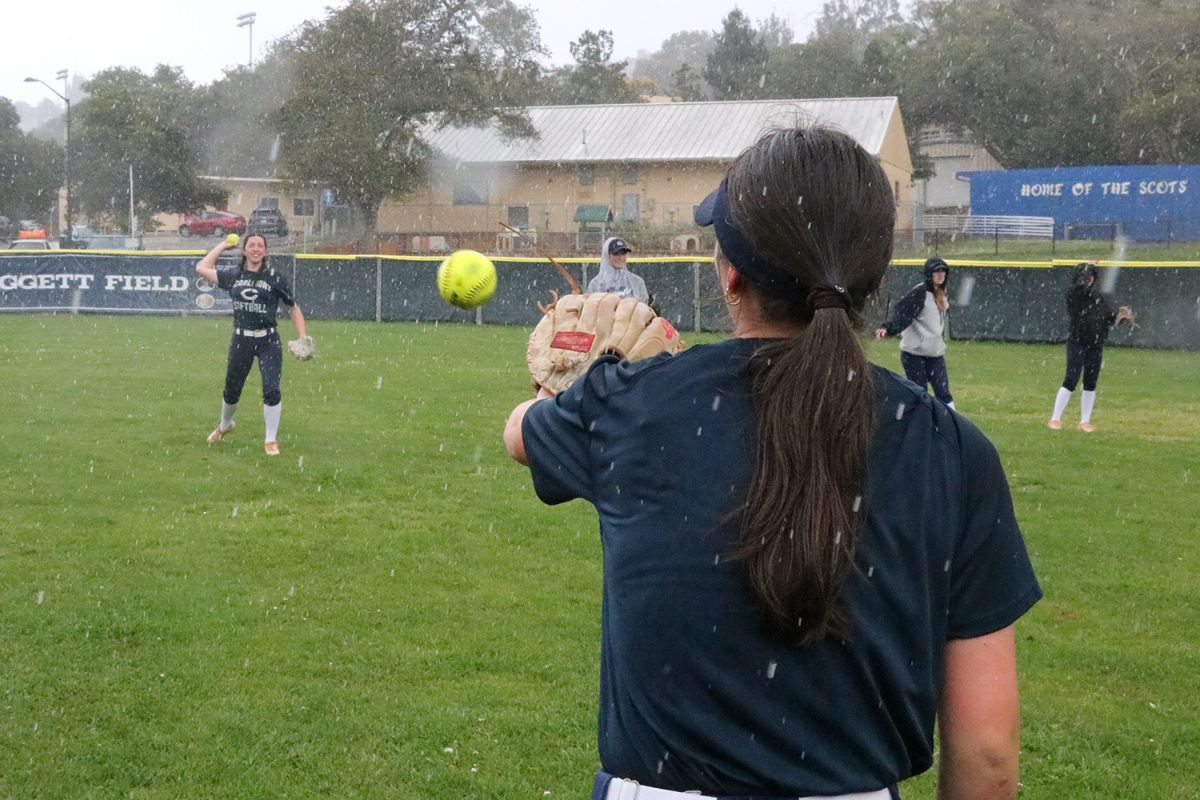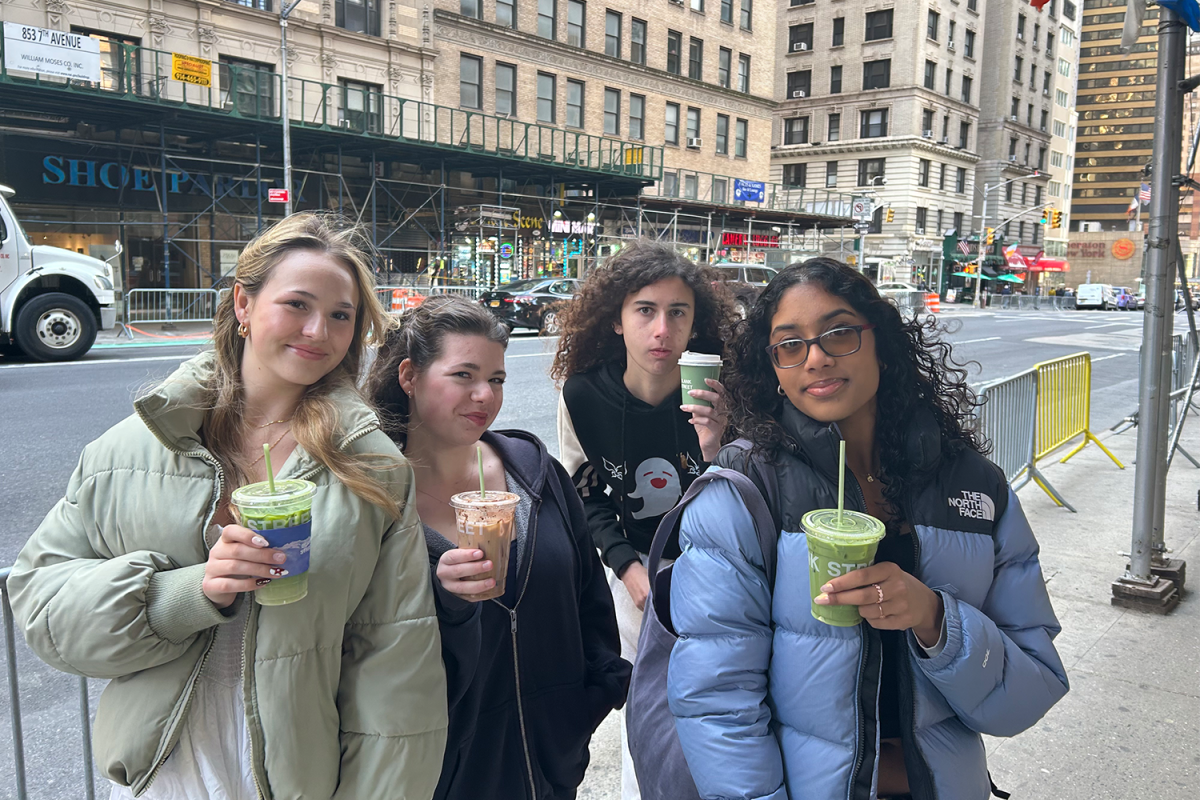In the face of the COVID-19 outbreak, the National Collegiate Athletic Association (NCAA) has made significant changes for this year. These changes include granting student-athletes who compete in spring sports another year of eligibility and adjustments to the recruiting schedule.
These changes come after the NCAA canceled the remaining winter and spring sports after fear that future events would further spread the virus.
“Eligibility relief is appropriate for all Division I student-athletes who participated in spring sports,” the NCAA Council leadership announced.
The extra year of eligibility will give many senior student-athletes one last season to play organized sports, especially since the percentage of players who go on to play professional sports is less than 1%.
Initially, the NCAA decided to only allow staff and families to attend future competitions, but on Thursday, March 12, the verdict came out that all winter and spring championships would be canceled. Soon after, all of the athletic conferences competing under the NCAA scratched the remaining games from the schedule.
In addition to canceling games, all in-person recruiting and campus visits for Division I schools have been banned until further notice. As well, the recruiting dead period—the time period when college coaches can only contact high school athletes virtually—has been pushed back to at least April 15. In turn, this will make the signing date for national letters of intent, the binding document used to specify an athlete’s commitment to a school, later than usual.
“[The NCAA Division I Council and its Coordination Committee] took timely action to address health and safety concerns among student-athletes, prospective student-athletes and coaches. The Coordination Committee identified other issues that lend themselves to full Council review and decision-making,” said Grace Calhoun, chair of the Division I Council.
Questions are still circulating about how the NCAA will handle student-athletes who competed in winter sports but were unable to complete in end-of-season tournaments.
“The spring sports, that’s a little bit easier to create a blanket policy,” said Jane McGill, an NCAA compliance specialist at the law firm Church Church Hittle & Antrim . “I think the winter sports you’re going to have to address on a case-by-case basis.”
Though teams were able to play most of the games in their season, competing in, and possibly, winning a tournament at the end of the year, was a goal for almost every school. Ending winter sports seasons earlier dealt a hefty blow to student-athletes across the nation.
“They all played pickup together. When they were done, they all sat down and they cried. They knew that was it, right there. That was the end,” said John Calipari, University of Kentucky men’s basketball head coach, when asked how his team handled the disappointing news.












